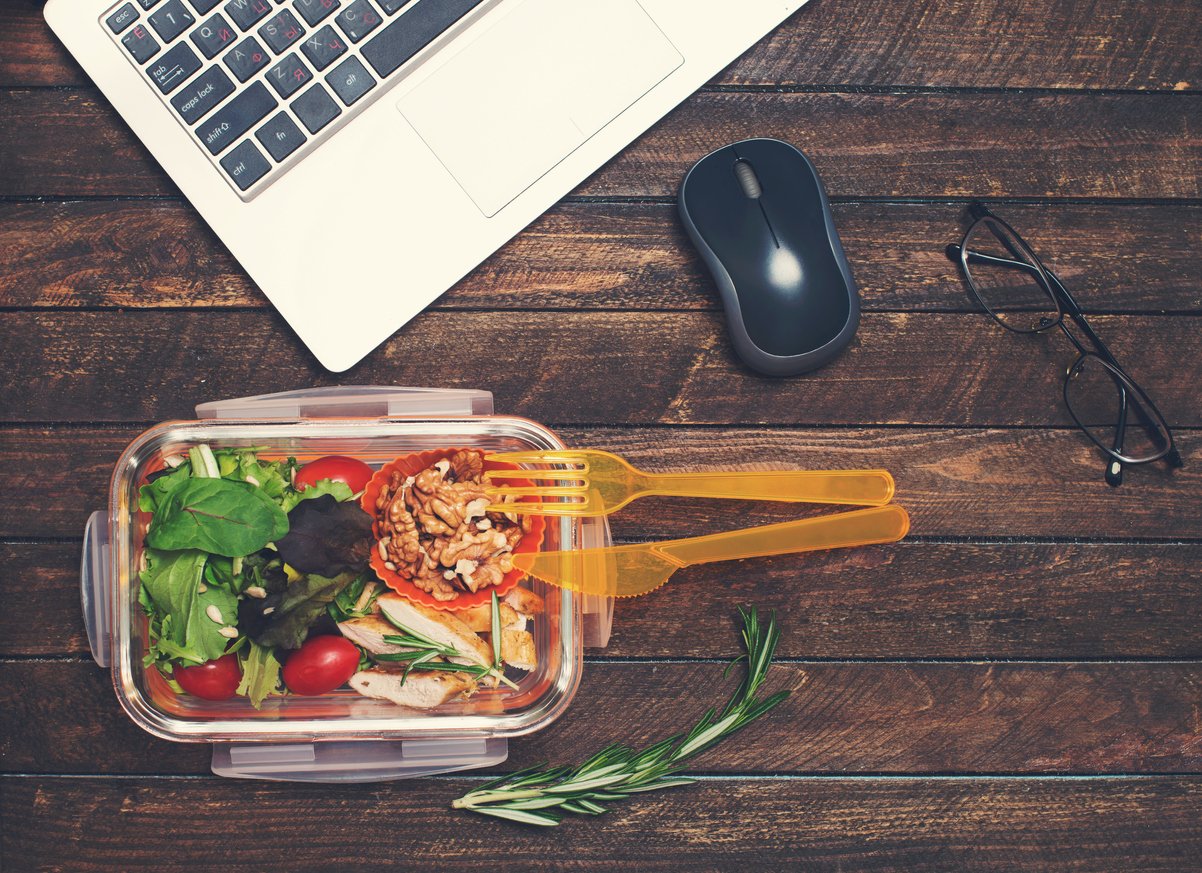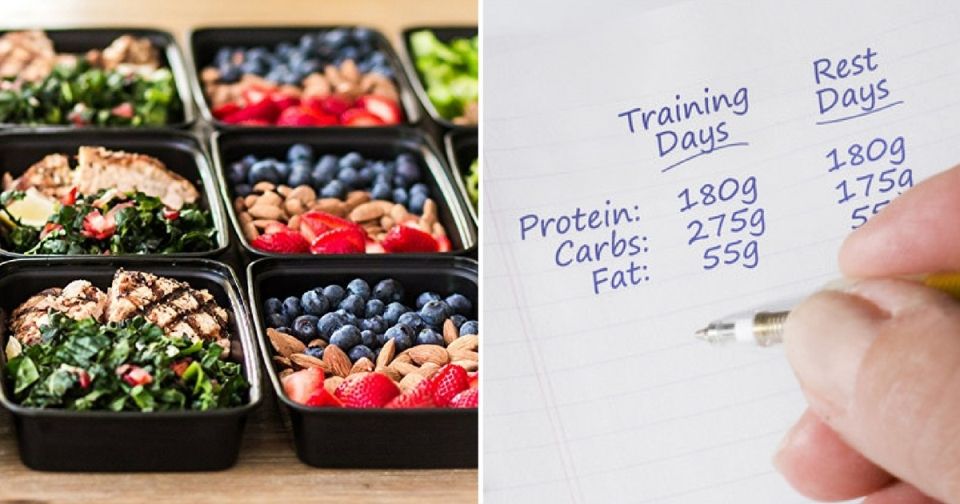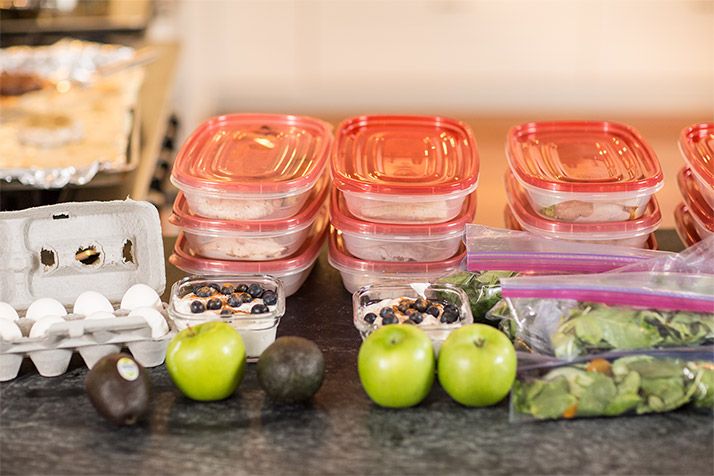Table of Contents
For most people, food preparation is a proven key to achieving fitness goals. When someone got involved in the preparation of food, their results almost always increased by far. Then they talk about it as the easiest thing in the world: “Hey, buddy, it took me a few hours on Sunday and I prepared food for the whole week.”
Why should you start thinking about food preparation?
1. Although it may not seem so, preparing food will save you time, as your meals and snacks will be ready to be eaten.
2. You’ll save money by no longer making impulsive grocery purchases or dining in restaurants due to an empty fridge.
3. You will trust your meals and label them with a clear conscience a “balanced diet” because they will have optimal serving sizes and will consist only of healthy ingredients and nutrients in the right proportions.
4. You’ll get rid of unhealthy eating habits and temptations because you set yourself up for success.
5. You’ll finally indulge in a healthy lifestyle and achieve your fitness goals, because with this simple “portion control” you create routine and consistency that are key to success.

Unfortunately, the whole process can be overwhelming, even problematic, for the less experienced. Preparing food for the whole week can take the whole afternoon, but if it is not prepared properly, it can deter you from this idea altogether.
Successful food preparation needs a plan. This is very important. Try to improvise and you will probably end up with badly managed macros, forgotten vegetables, or worse, with food poisoning. Before you enter the kitchen, remember these 5 cooking rules.
You might be interested in these products:
1. Plan a day ahead
Sunday meal preparation is a widespread holiday in the finess community. Perhaps it is also more popular than International Chest Day a.k.a. Monday. Why? Sunday preparation does not interfere with your Friday and Saturday plans and is close enough to the start of the new week to prevent a badly smelling meal on Thursday.

However, depending on how much food you prepare, making all the preparation in a single day can take quite a lot of time and food. In addition, based on your choice of protein source and preferred cooking method, you can still end up in the office as a person known for his/her stinking lunches.
In a nutshell: Food preparation will last as long as you find it manageable. If Sunday does not work, divide your meal preparation in two days. This will shorten the preparation time and keep the quality of your food. Sundays and Wednesdays are usually a good choice, but find any two days that are right for you.
2. Know your numbers
Until you know exactly how much food you are trying to prepare and what ingredients you need to do so, don’t even think about it.
Food: Determine the number of meals and days for which you will prepare food. Some people only need to prepare lunch for each day because they have breakfast and dinner at home. Others get the best results if they pack several meals for the whole week, or even all meals for each day. No matter where you belong in the food preparation spectrum, choose a point that sets you up for success.

Macronutrients: If you do carbohydrate cycles and you need 350 grams of carbohydrates a day, but only 200 grams the next day, prepare everything in advance. Sketch your daily macronutrients or needs with specific instructions for each meal and hang it somewhere in the kitchen. Where else than on your refrigerator?
3. Stick to the basic items
We are big advocates of variety of meals during the week. However, spending time devising gourmet gems such as creme brulee, French toast or bacon-coated mussels can delay you in the kitchen longer than you expected. In addition, remember the rule: the finer something is, the worse it tastes after a few days in the refrigerator.

Keep decadence for fresh food. When preparing food, focus on choosing foods that are easy to prepare and store. Recommendations: Make a mix of these categories and go shopping:
• Protein: chicken breast, lean minced beef, pork tenderloin, flank steak, lean meat (turkey breast, ham, roast beef) and low-fat dried beef
• Carbohydrates: flakes, quinoa, couscous, brown rice, wild rice, whole wheat tortillas and bread
• Healthy fats: almonds, walnuts, pecans, pistachios, pumpkin seeds, other nuts and seeds, peanut butter, almond butter, olive oil and coconut oil
If you like fish, experiment with it. But make sure you use a well-sealable container.
4. Go shopping
Shopping may seem a matter of course, but preparing food with the remains in your refrigerator is never a good idea. Sure, this way you can prepare one or two meals, but you will eventually run out of supplies or will be forced to use your protein drink after almost every meal.

Once you know your numbers, do everything possible to reach them. If you are one of the lucky ones with a huge freezer, you can plan your meal weeks in advance. If not, take a trip to the grocery store once or twice a week and take it as part of your routine preparation. Not only will you navigate your store more effectively, it will also help you save money and avoid wasting food.
5. Invest in quality food bag
The view of the full refrigerator is incredibly enriching. Instagram agrees. Perfectly aligned stacks of boxes with a perfectly matched macro – man, that’s the view. But when you roll out of bed on Monday morning, keep in mind that you have to take away all the food. It is not easy to carry your work bag, backpack and several other containers with you. Many meals have already ended up on the ground because of this.
If you only prepare only one meal a day, you can manage it. If you are the kind that prepares them more, having a good quality food bag or backpack is important. Their controlled temperature can also protect you from food poisoning.

This extra purchase may sound like a luxury, but has the potential to save you from the heap of daily frustration. If you are going to box your food consistently, which is the only way to do it, getting rid of unnecessary inconveniences is essential. Make it easy, make it yours, and make it long-term.
Share with us in the comments section your tips on preparing and boxing meals. If you liked it, share this article to help your friends.

